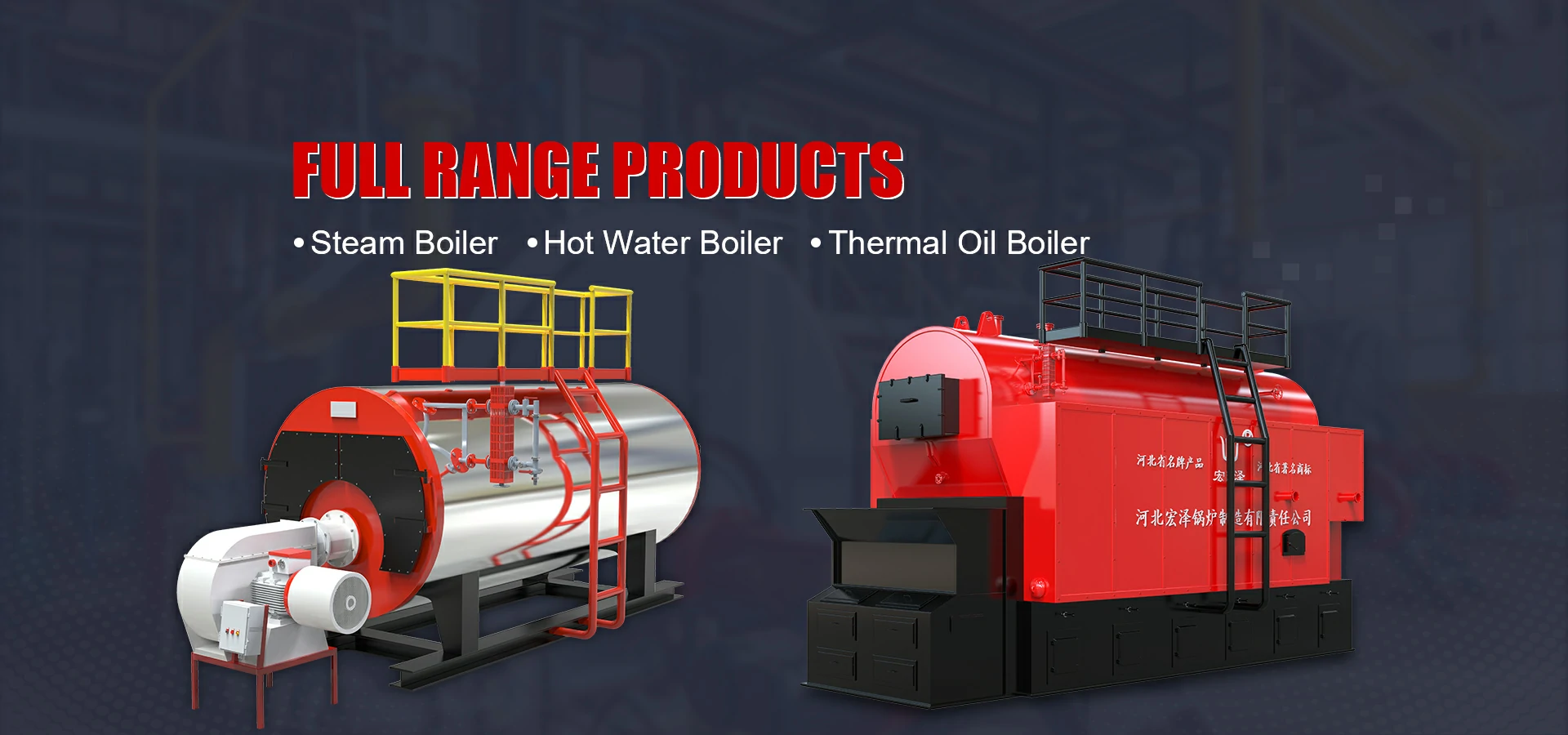
Jul . 30, 2024 23:28 Back to list
Understanding the Factors Influencing Steam Boiler Efficiency for Optimal Performance and Energy Savings
Understanding Steam Boiler Efficiency Key Factors and Improvements
Steam boilers are critical components in numerous industrial processes, providing steam for heating, power generation, and various manufacturing applications. The efficiency of a steam boiler is a vital metric that reflects its performance, fuel consumption, and overall environmental impact. In this article, we will explore the concept of steam boiler efficiency, its measurement, and ways to enhance it.
What is Steam Boiler Efficiency?
Steam boiler efficiency is defined as the ratio of useful energy output to the energy input from fuel. It is typically expressed as a percentage. For instance, if a boiler produces 85 units of useful steam energy from 100 units of energy input, its efficiency would be 85%. High efficiencies are desirable because they indicate that the boiler effectively converts fuel into steam with minimal waste.
Factors Affecting Boiler Efficiency
Several factors influence the efficiency of a steam boiler
1. Fuel Quality The type and quality of fuel used significantly impact boiler performance. High-quality fuel with a lower moisture content leads to better combustion, while low-quality fuels can introduce impurities that reduce efficiency.
2. Combustion Process Efficient combustion is essential for maximizing energy conversion. Incomplete combustion can result in unburned fuel and increased emissions, detracting from overall efficiency. Advanced combustion technologies, such as staged combustion and the use of burners with precise air-fuel mixing, can improve this process.
3. Heat Transfer Efficiency The design and maintenance of the heat exchangers, economizers, and superheaters within the boiler play a critical role in heat transfer efficiency. Any buildup of scale or soot can hinder heat transfer, leading to reduced boiler efficiency and increased operating costs. Regular maintenance is essential to mitigate these issues.
4. Steam Quality The quality of steam produced also affects efficiency. Low-quality steam containing moisture or impurities can lead to increased energy consumption in downstream processes. Ensuring proper steam separation and using steam dryers can enhance steam quality and overall system efficiency.
steam boiler efficiency

5. Operational Practices How a plant operates its boiler can impact efficiency. Proper training for operators, adherence to optimal operating conditions, and routine maintenance checks can all contribute to maintaining a high level of efficiency.
Enhancing Boiler Efficiency
To improve steam boiler efficiency, several strategies can be deployed
1. Regular Maintenance and Inspections Scheduled maintenance can identify issues before they lead to inefficiencies. Cleaning heat transfer surfaces, checking for leaks, and ensuring the proper functioning of components can dramatically enhance performance.
2. Utilizing Advanced Technology Modern boilers often come equipped with advanced control systems that optimize fuel consumption and combustion parameters in real-time. Installing technology like Variable Frequency Drives (VFDs) for fans and pumps can significantly improve energy efficiency.
3. Heat Recovery Systems Implementing heat recovery systems can capture waste heat from flue gases or steam and reuse it to pre-heat feedwater or other process streams. This can lead to substantial reductions in fuel consumption and operational costs.
4. Fuel Switching Evaluating alternative fuels or more efficient fuel types can yield improvements in boiler efficiency. Some facilities may benefit from switching to cleaner-burning fuels or integrating biomass energy sources.
5. Training and Awareness Educating operators and staff on best practices for steam generation and maintenance can foster a culture of efficiency. Knowledge about how to detect inefficiencies and implement corrective actions is essential for long-term performance.
In conclusion, steam boiler efficiency is a crucial aspect of industrial operations, impacting energy consumption, operational costs, and environmental sustainability. By understanding the factors that influence efficiency and implementing targeted improvements, facilities can achieve better boiler performance, reduced emissions, and lower energy bills, contributing to a more sustainable future.
-
Best Steam Boiler Design PDF Free Design Calculation & Diagram Downloads
NewsJun.10,2025
-
Hot Boiler Water Heater Efficient Heating Solutions for Home & Commercial Use
NewsJun.10,2025
-
Steam Boiler Safety Devices High-Quality Protection Valves
NewsJun.10,2025
-
Ultimate Steam Boiler Checklist for Safety & Efficiency
NewsJun.10,2025
-
Optimal Hot Water Boiler Temperature Setting Guide
NewsJun.10,2025
-
Effective Hot Water Boiler Chemical Treatment Protect & Maintain
NewsJun.09,2025
Related PRODUCTS






















